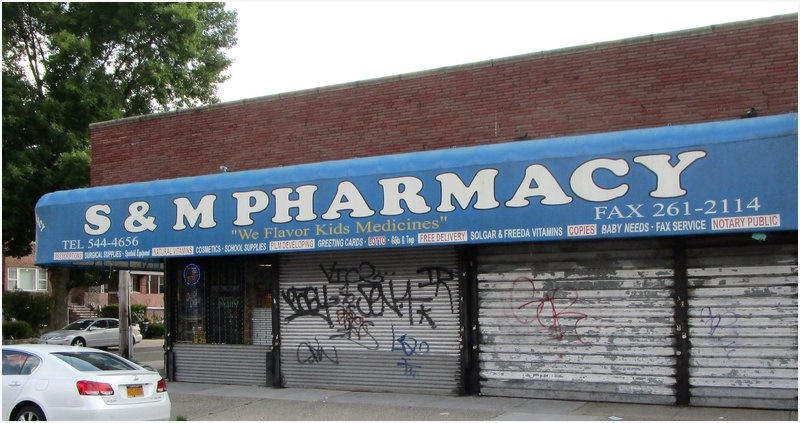Sexuality and Cancer | Aldult Toys Blog

It’s common to have concerns and questions about sexuality and sexual activity during cancer treatment. How your cancer treatment impacts your sex life depends on the type of cancer you have, the type of treatment you receive, and your personal circumstances. Cancer treatments can have both physical and emotional effects. Whether you’re experiencing physical or emotional changes, you’re not alone. It’s common for women with cancer to struggle with body image, have a reduced desire for sexual intimacy, and/or experience painful intercourse. It’s also normal to feel stressed, anxious, or depressed. Don’t hesitate to talk to a doctor about your feelings or ask questions about your cancer treatments and sexual health.
This article will attempt to answer the most common questions, but will certainly not answer every question. As with any concern, discuss your specific situation with your healthcare providers.
Can I have sex during treatment?
In general, sexual activity is acceptable during treatment, as long as interest, energy, and comfort level permit. Women may not feel ready to have sex after surgery or during chemotherapy or radiation therapy. If you have had surgery involving the pelvic area, it is ideal to allow additional healing time before having sex. If your white blood cell or platelet count is low, you will need to abstain from vaginal, anal, or oral sex. This is because the risk of infection or bleeding is increased when your count is low. If you have mouth ulcers, you should not have oral sex.
Do not have vaginal intercourse if you have open sores on your genitals or in your vagina.
Do not have anal sex if you have sores in the rectal area, rectal bleeding, or tears in the rectal tissue.

Tips for healthy and safe sexual activity
You can continue to have sex during treatment. The key to a healthy and safe sex life is communication. Keep the lines of communication open. Talk about what feels good and what doesn’t feel good; communicate with your partner when you’re tired or uncomfortable. Since some chemotherapy treatments warn against pregnancy, be sure to use a reliable form of birth control to prevent pregnancy. Chemotherapy can be excreted in saliva and vaginal fluids for 48 to 72 hours after treatment. You should use a condom for oral sex or intercourse during this time to prevent your partner from being exposed to the chemotherapy. If you experience pain during intercourse following cancer treatment, explore different positions to find the one that works best for you and your partner. For example, if lying on your back during intercourse is painful, lying on your side may be more comfortable.
Experiment with other forms of intimacy.
Even if you can’t have sex, you can still maintain intimacy through affection and touch. Dim the lights and put on romantic music. If you feel self-conscious, get creative with lingerie, dress in clothes that make you look attractive, learn beauty techniques to hide side effects such as facial coloring, loss of eyebrows, etc. Focus on the sensual, not the sexual. Give your partner a massage, go for a walk, watch a movie, do things together to create intimacy.
It is important to keep in mind that even if you are physically allowed to have sex, you may not feel ready. Chemotherapy can cause fatigue and nausea. It can also impact your desire to have sex. Be kind to yourself and take it easy. Only have sex when you feel ready.


 Anal Beads
Anal Beads Anal Vibrators
Anal Vibrators Butt Plugs
Butt Plugs Prostate Massagers
Prostate Massagers
 Alien Dildos
Alien Dildos Realistic Dildos
Realistic Dildos
 Kegel Exercisers & Balls
Kegel Exercisers & Balls Classic Vibrating Eggs
Classic Vibrating Eggs Remote Vibrating Eggs
Remote Vibrating Eggs Vibrating Bullets
Vibrating Bullets
 Bullet Vibrators
Bullet Vibrators Classic Vibrators
Classic Vibrators Clitoral Vibrators
Clitoral Vibrators G-Spot Vibrators
G-Spot Vibrators Massage Wand Vibrators
Massage Wand Vibrators Rabbit Vibrators
Rabbit Vibrators Remote Vibrators
Remote Vibrators
 Pocket Stroker & Pussy Masturbators
Pocket Stroker & Pussy Masturbators Vibrating Masturbators
Vibrating Masturbators
 Cock Rings
Cock Rings Penis Pumps
Penis Pumps
 Wearable Vibrators
Wearable Vibrators Blindfolds, Masks & Gags
Blindfolds, Masks & Gags Bondage Kits
Bondage Kits Bondage Wear & Fetish Clothing
Bondage Wear & Fetish Clothing Restraints & Handcuffs
Restraints & Handcuffs Sex Swings
Sex Swings Ticklers, Paddles & Whips
Ticklers, Paddles & Whips




















